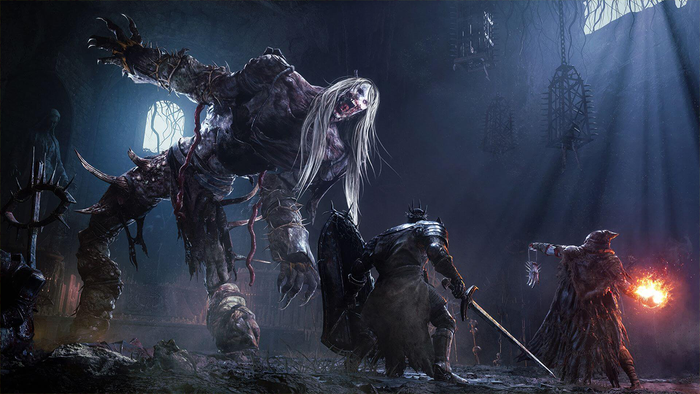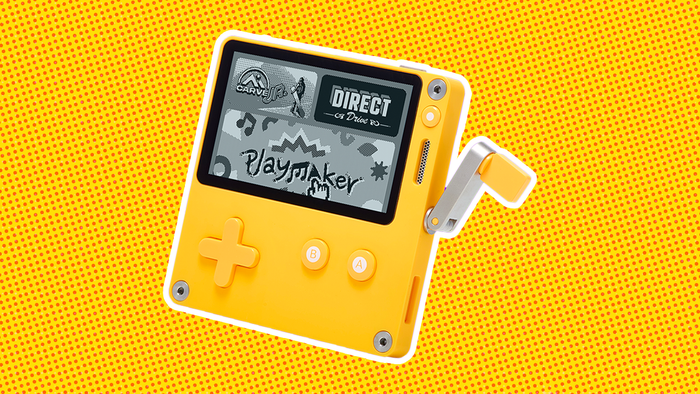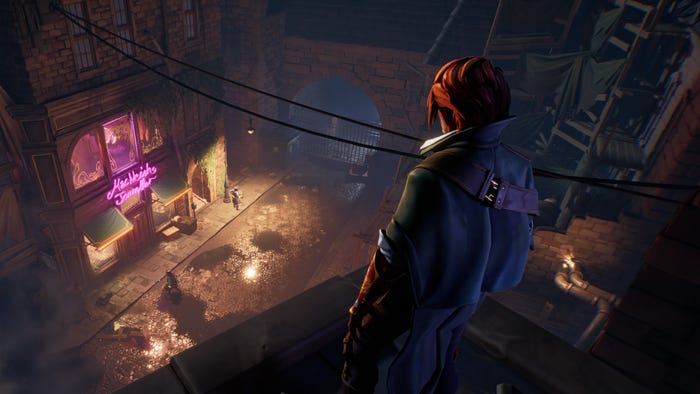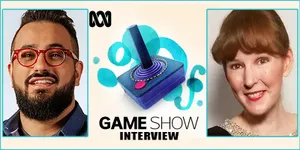
Featured Blog | This community-written post highlights the best of what the game industry has to offer. Read more like it on the Game Developer Blogs.
The question of what is and is not protected under U.S. copyright law can be confusing for those who aren't lawyers, particularly the issue of idea versus expression. This post should help to clear up some of these issues.


Under U.S. copyright law, “original works of authorship” are protected for a limited time. Copyright gives the author the exclusive right to copy, distribute, perform, display and create derivative works from this original work. Originality shouldn’t be confused with novelty, however; there is no requirement that the work has to be completely distinct from all others, like with patents. The work must merely be an independent creation of the author, even if it is substantially similar to that of another author.
The Idea/Expression Dichotomy:
One sticking point that often confuses non-lawyers is the question of what is protected by copyright and what isn’t. According to Section 102(b) of the Copyright Act of 1976, no “idea, procedure, process, system, method of operation, concept, principle, or discovery” is eligible for copyright protection. Copyright law generally protects the fixation of an idea in a “tangible medium of expression,” not the idea itself, or any processes or principles associated with it. The nuances of this distinction are sometimes difficult to grasp, and the reality of the situation is that the facts of each case have to be looked at individually. The concept works as more of a continuum than a dichotomy.
The Merger Doctrine:
One particular wrinkle in the question of idea versus expression is called the “Merger Doctrine.” This doctrine is stated best by the Ninth Circuit:
“When the “idea” and its expression are … inseparable, copying the “expression” will not be barred, since protecting the “expression” in such circumstances would confer a monopoly of the “idea” upon the copyright owner free of the conditions and limitations imposed by the patent law.”
Basically, when there is only one or a few ways of expressing an idea, idea and expression “merge” and even the expression is not protectible. One example of this in action is the use of a picture of cinnamon sticks on a box of cinnamon tea. It would not be a violation for another party to create such a box with a similar picture, but copying of exact details of the original may still violate the copyright.
Scene a faire:
Another concept related to the idea-expression dichotomy is “scene a faire,” which denies protection for things that “necessarily follow from a common theme.” This prevents content creators excluding others from using genre tropes, such as knights and dragons in a fantasy setting or robots and spaceships in a science fiction setting.
Conclusion:
Hopefully this post clears up the murky waters of idea versus expression a bit. A future post will look deeper into what is and is not protected by copyright in both video games and board games. In the meantime, if you have any questions or concerns about your own game development project, contact your local game attorney for a consultation.
Reposted from my blog at www.strebecklaw.com/blog.
Read more about:
Featured BlogsAbout the Author(s)
You May Also Like







